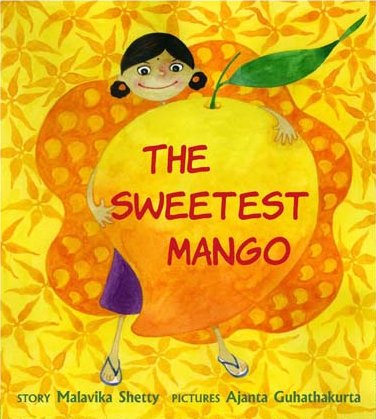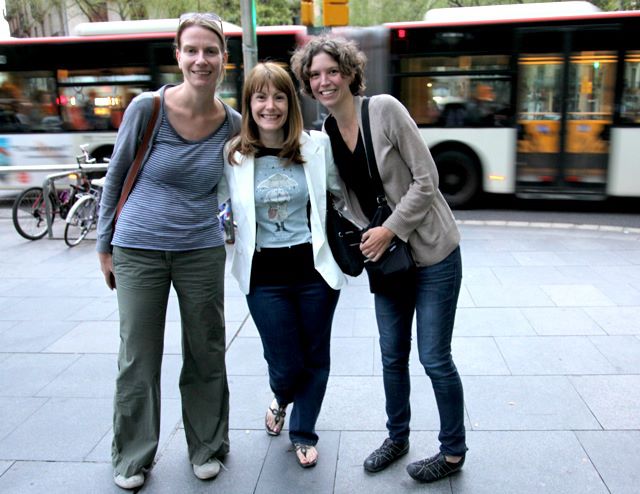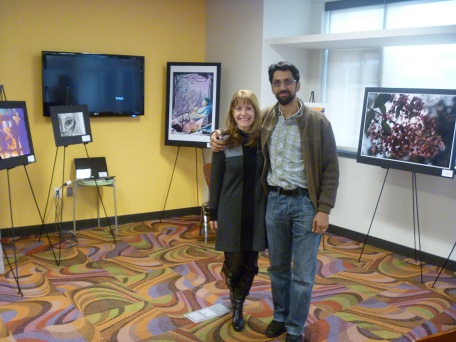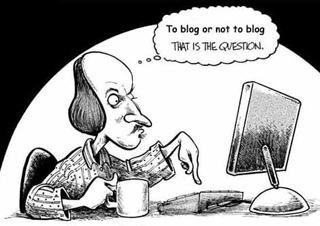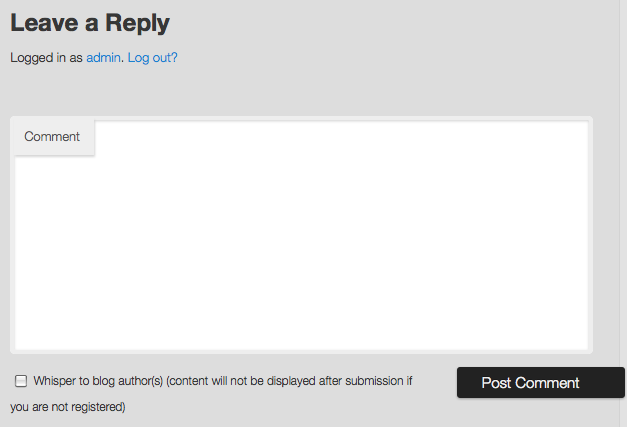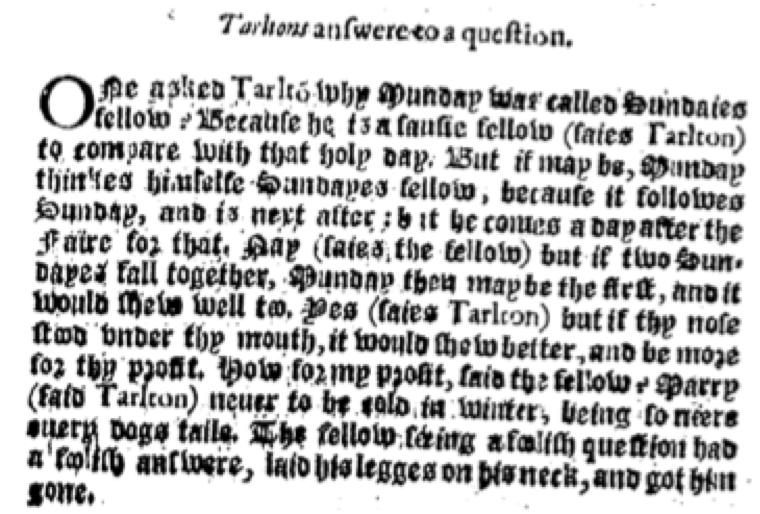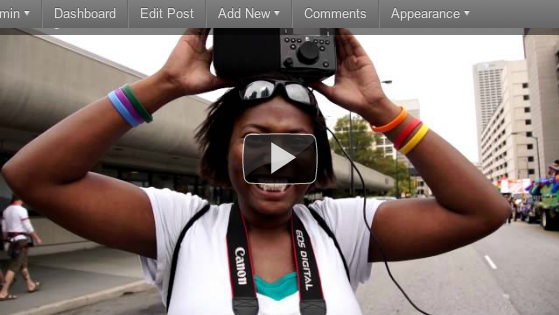Once more unto the breach …
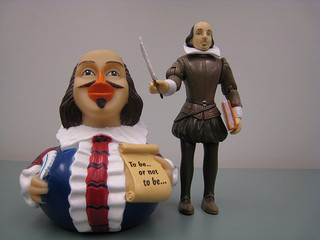
Or, Why Teach Shakespeare to Georgia Tech Undergraduates? This is the third term I’ve used early moden drama as the theme for my 1102 classes. In fall 2011 I taught a course on London City Comedy (The Shoemaker’s Holiday, The Knight of the Burning Pestle, Bartholmew Fair); last spring I… Continue reading

